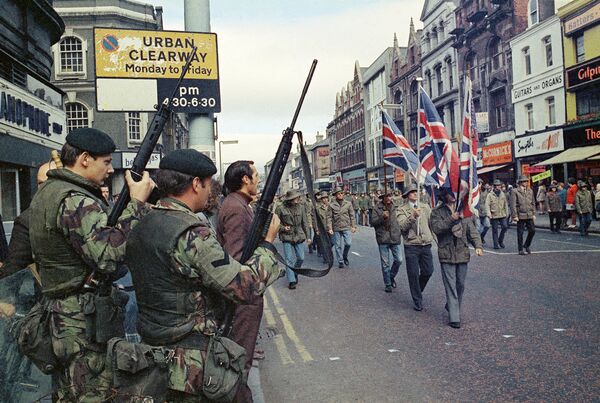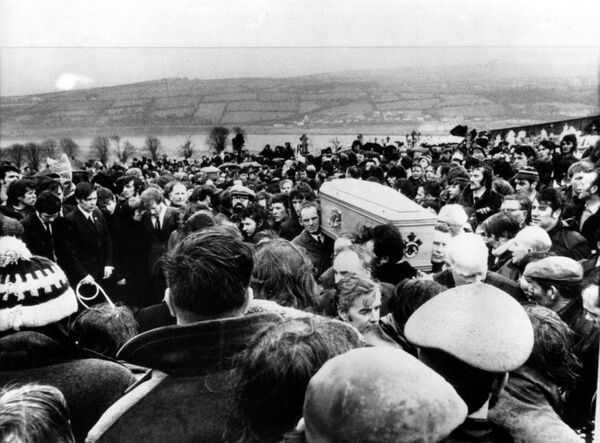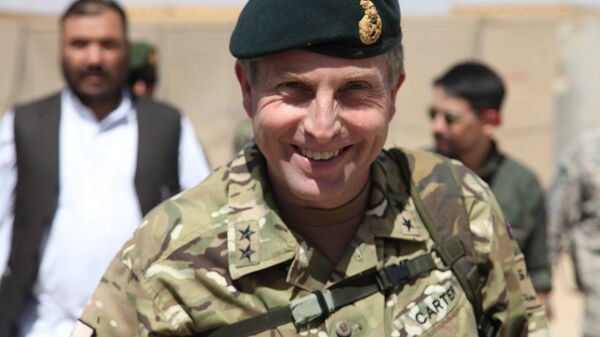General Nick Carter, who became UK Chief of Defense Staff in June, has used a speech to defending the British army's record in Ulster during the three-decade-long occupation. He said troops had done a "remarkable job" and allegations against soldiers risked undermining the "fighting spirit" of the UK's armed forces if false.
"It's right and proper if our soldiers have done something wrong then they should clearly be investigated. We need to have standards, values people are held against. What's fundamentally wrong though is if they're chased by people who are making vexatious claims — and that will not happen on my watch. That undermines morale and our combat ethos and our fighting spirit," Carter said.
Recurring Theme
His comments echo those of after his predecessor Stuart Peach, who said in June he was "deeply uncomfortable" about veterans being investigated over their conduct during the Troubles, and advocated a statute of limitations on inquiries into events.

"We should never forget 90% of the killings were carried out by terrorists and just 10% by those acting on behalf of the state — almost all of the latter lawfully," she alleged.

"The point I'd make is that we as an institution… are absolutely going to look after those people who are being investigated this way. A lot of people have got a lot of opinions, and that's part of the consultation — I think it would be wrong for me to prejudge which direction it went in. It's sad this is happening," he added.
Troubles Afoot
While the support Carter will extend to troops facing historical allegations wasn't specified, but the Bloody Sunday tragedy demonstrates the risks of soldiers ‘closing ranks' to protect one another and themselves.
On that fateful day in January 1972, British paratroopers opened fire on unarmed protesters in a massacre that will live in infamy evermore, killing 14 and injuring dozens
The subsequent official investigation into the tragedy was regarded as a corrupt whitewash — it concluded paratroopers had acted in response to gun and nail bomb attacks from suspected IRA members. This finding was reached despite every non-military eyewitness present maintaining soldiers fired without provocation into the unarmed crowd, hitting civilians fleeing the scene and those tending to the wounded in the process, and no British soldier suffering any injuries in the incident, and no non-military bullets or nail bombs being recovered from the scene.



